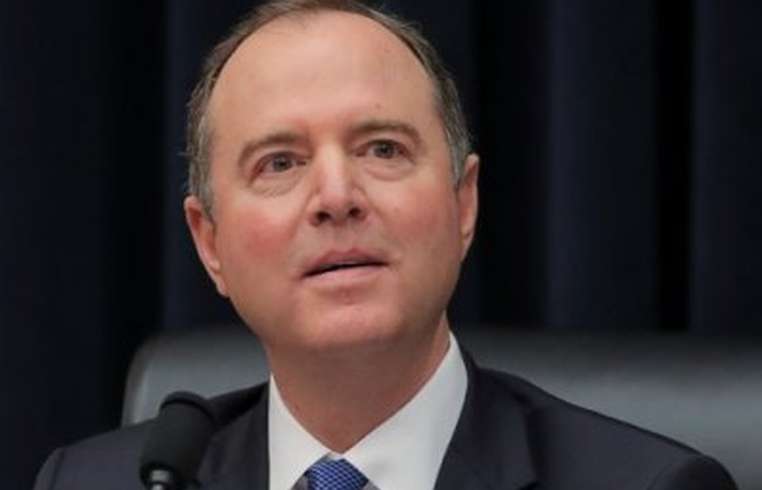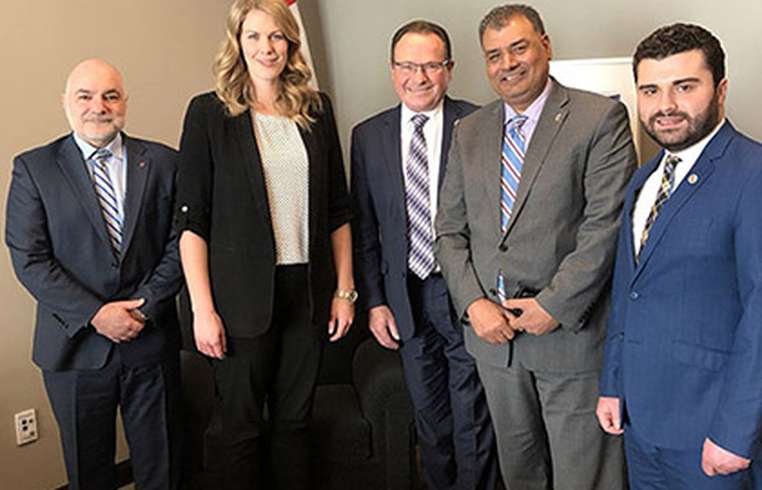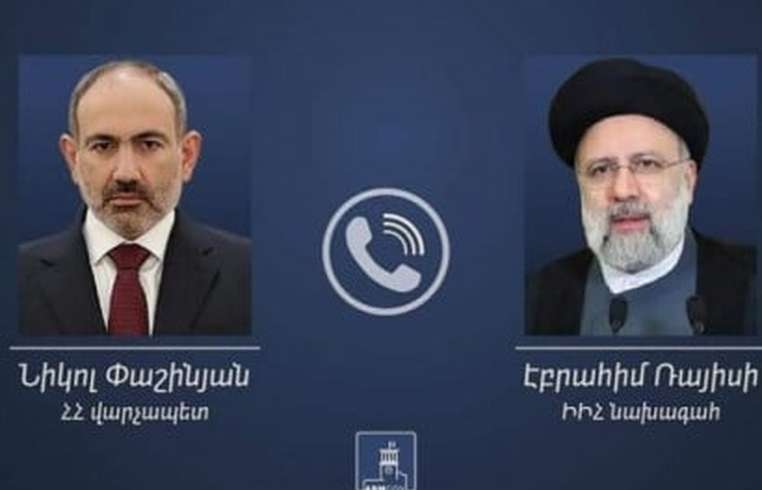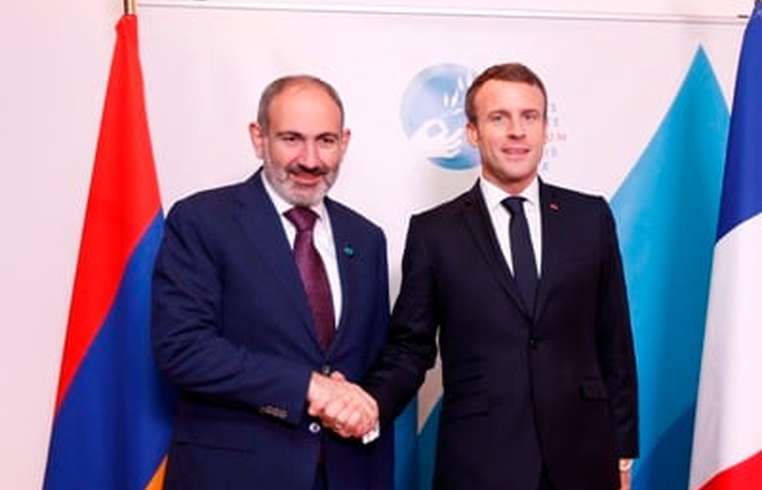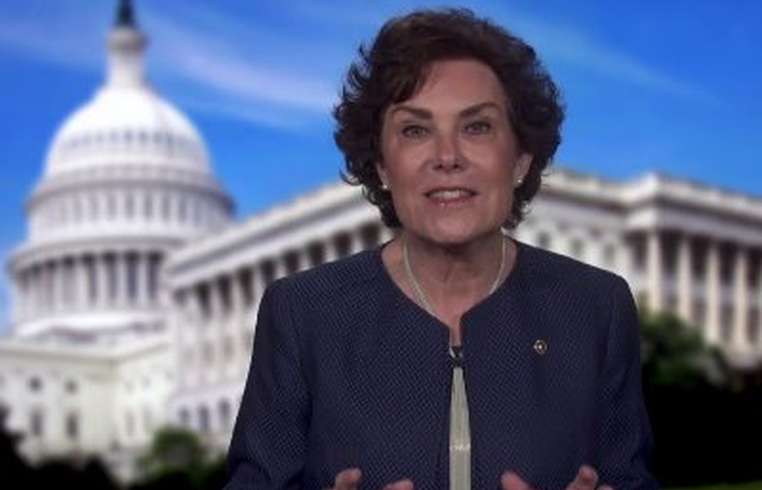
News - Eagerness of Paris to showcase its support of Yerevan could place it in difficult spot vis-a-vis Ankara
Business Strategy
Eagerness of Paris to showcase its support of Yerevan could place it in difficult spot vis-a-vis Ankara
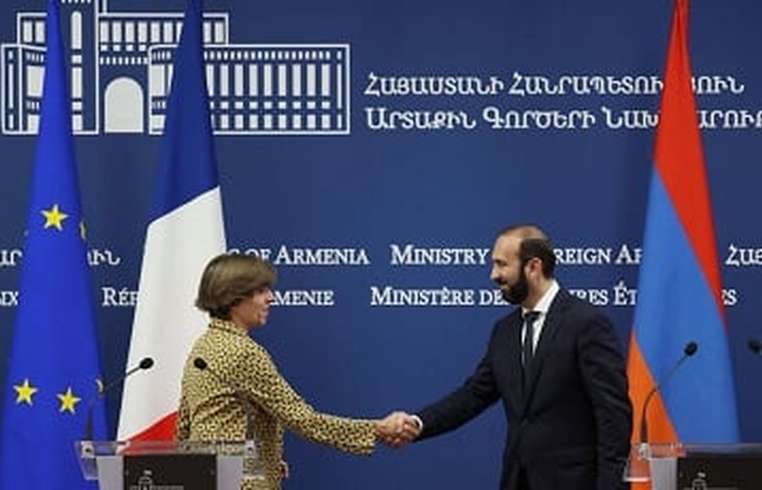
The eagerness of Paris to showcase its support of Yerevan could place it in a difficult spot vis-a-vis Ankara, said French researcher Nicolas Monceau of the University of Bordeaux, Al-Monitor reports. Still, addressing the latest French declarations, the expert on Turkey-France relations called for prudence. He said that it is too soon to tell what exactly Colonna's statement means and how it will affect France’s relationship with Turkey. "France has been calling for a long time for solidarity with Armenia and with the Armenians in Nagorno-Karabakh. With recent developments, Paris needs to show that it is truly engaged, not only in declarations but also with actions. That’s the essence of the approval, announced by Colonna, to deliver military material to Armenia. But a lot will depend on the kind of material that will be transferred and how much of it," Monceau noted. "In all likelihood, France will provide Armenia strictly with defensive means; Paris can justify that vis-a-vis Ankara. But if offensive weapons are provided, then it’s a whole new ballgame. If we are ever in a situation where French weapons are used by Armenia or by Armenians against Azerbaijan, then the leadership in Turkey will be hard pressed to react," he added. Monceau acknowledged that bilateral relations between France and Turkey have been tense for several years already, but he does not think that the current situation in Nagorno-Karabakh, including the latest statement by Colonna, will mark a tipping point. "The declarations by Paris and the decision to approve the delivery of military equipment are not targeting Turkey. They constitute a message to Armenia — and to the Armenian people — that France is not abandoning them. It’s also a message to the other EU members and to the countries in the Armenian camp that France is sincere about protecting Armenia. Lastly, it is an internal message of solidarity by the Paris government for the many French nationals of Armenian origin. France is not trying deliberately to provoke Turkey," he said. Paris and Ankara have been at odds over human rights, the Kurdish issue and a series of regional crises such as the wars in Syria and Libya, and the skirmishes between Turkey, Greece and Cyprus. Still, the two countries have come somewhat closer over the war in Ukraine. After his meeting with President Volodymir Zelenskyy last July, Turkish President Recep Tayyip Erdogan said that “without a doubt Ukraine deserves to be in NATO” — a statement much appreciated by Paris. Monceau stressed that Turkey currently finds itself in an especially difficult economic situation. As such, it must re engage with the West and rehabilitate its ties with the EU. Erdogan used harsh words last Sunday, at the opening of the parliament session in Ankara, saying he “no longer expects anything from the EU, which has kept us waiting at its door for 40 years." Nevertheless, Monceau noted that Erdogan does not intend to take harsh measures, at least not over France’s solidarity with Armenia. "There is a long list of disagreements between Paris and Ankara, including on human rights, such as the case of [imprisoned human activist] Osman Kavala. Still, if France does not take the military assistance to Armenia too far, then Turkey will probably be able to contain it," he concluded.


